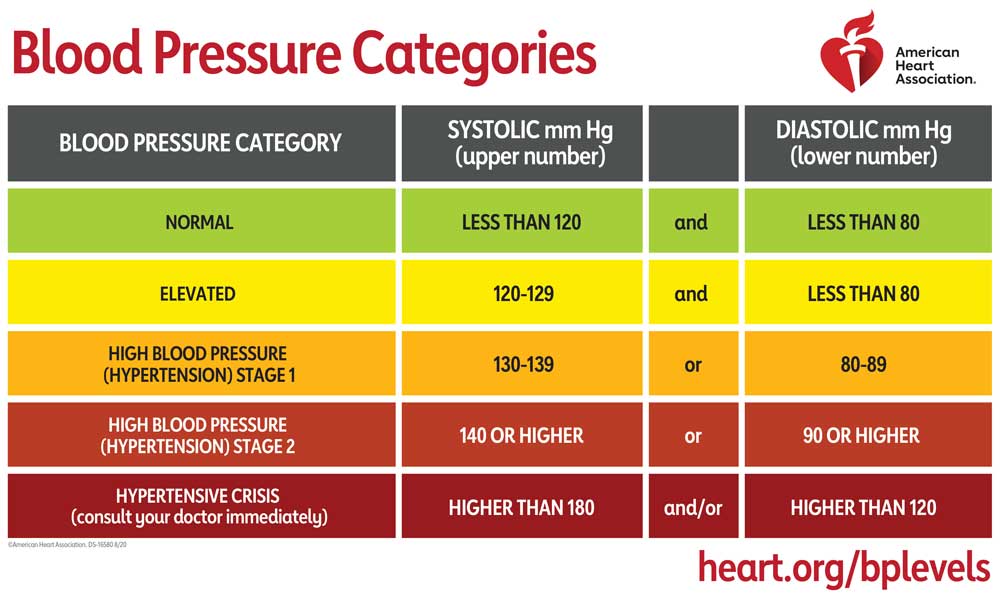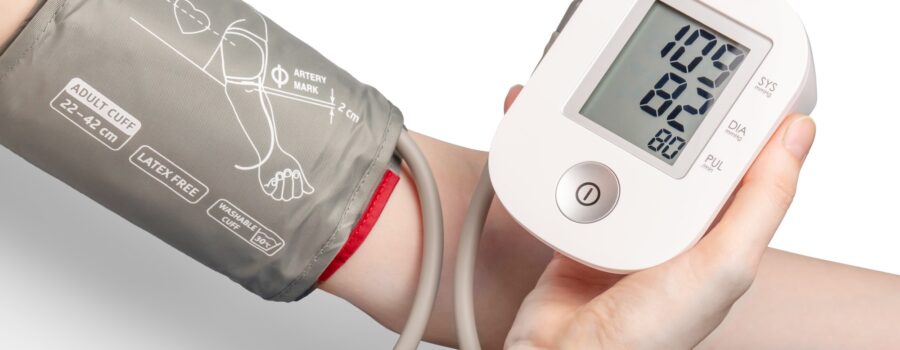Did April fly by for you? With the world reopening and a fair mix of beautiful days and overcast weather here in Ventura, April felt like it had more going on than the previous three months combined. Now we’re transitioning into May. And that means it’s time to call attention to an important designation. May is High Blood Pressure Education Month.
Let’s take a look at this common condition, its risks, and what you can do to prevent it.
Understanding high blood pressure
High blood pressure, also called hypertension, is exactly what it sounds like. It’s an indicator that the blood moving through your veins is putting too much pressure on the walls of your blood vessels.
This condition is extremely common, which makes High Blood Pressure Education Month a particularly important one. Nearly half of all adults in the U.S. have high blood pressure, but only about a quarter of people with hypertension have it under control.
That’s primarily because many people have high blood pressure without knowing it. This condition presents a serious risk because it usually doesn’t come with any symptoms. The only way to know if you have high blood pressure is to check it. Your doctor should do so during your annual checkup.
You get your blood pressure checked by putting a cuff around your arm that inflates. It’s a pain-free diagnostic process and it takes just a few minutes.
Once it’s taken the necessary readings, the blood pressure monitor will give you two numbers. The first is your systolic blood pressure, which measures the pressure on the walls of your veins when your heart beats. The second number is your diastolic pressure, which measures the pressure between heartbeats.
Generally, you want to see the first number be at or below 120 and the second number at or below 80. Here’s a chart from the American Heart Association (AHA) to help you get a better feel for different blood pressure readings.

The risks of high blood pressure
Left untreated, high blood pressure can take a toll on your body. Specifically, it heightens your risk for:
- Heart disease, the most common killer in America
- Stroke
- Heart attack
- Aneurysm
- Kidney problems
- Vision loss
- Metabolic syndrome
- Dementia
Long story short, high blood pressure can threaten your life. It’s definitely worth getting your blood pressure checked regularly to make sure you’re not putting unnecessary strain on your blood vessels and your heart.
Tips to prevent high blood pressure
The good news is that you can prevent — and even reverse! — high blood pressure by making some changes at home. The CDC recommends these changes to avoid hypertension:
- Eat a healthy, balanced diet with lots of fiber, potassium, and protein and minimal salt, saturated fats, and processed foods
- Get at least two-and-a-half hours of physical activity each week (even a brisk stroll will do it!)
- Quit or avoid smoking
- Maintain a healthy BMI
- Get enough sleep
- Manage stress
We hope you’ll help spread the word about the risks of hypertension during High Blood Pressure Education Month! Our team at the Ventura Counseling & Wellness Center will be joining you.





